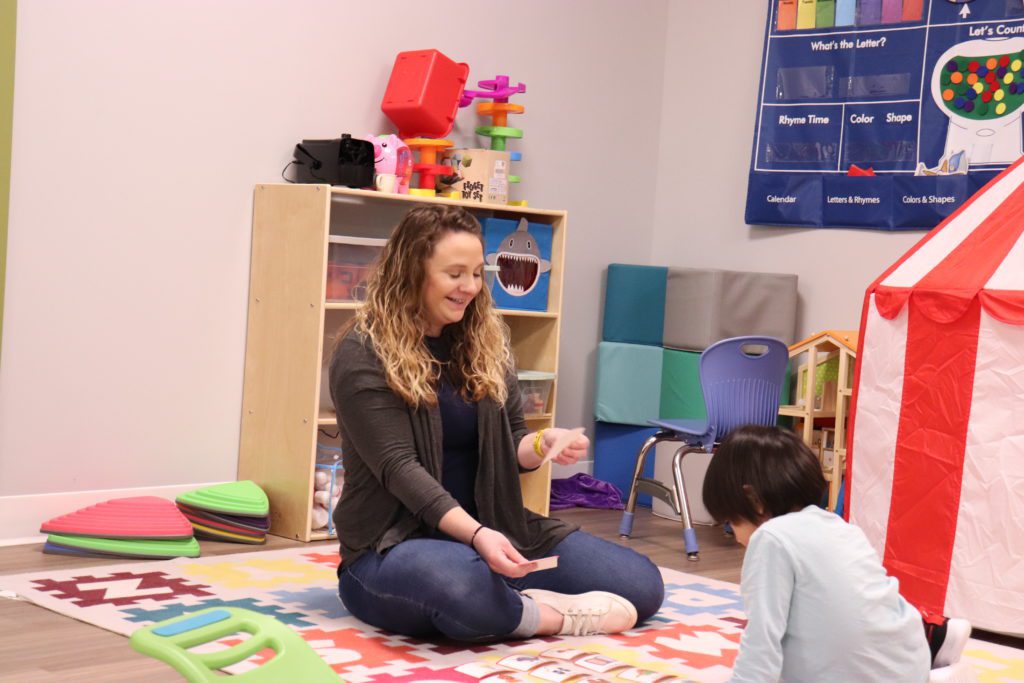Since autism spectrum diagnoses can involve a mixture of social, behavioral, and developmental differences, it’s understandable if you still have questions after receiving an ASD diagnosis for your child! Even with a well-defined diagnosis, no child with autism fits into a neat little box. Each child has unique characteristics that are exclusive to them, and their treatment and learning plan should be equally exclusive!
Because of the many overlapping behavioral, social, or developmental differences that can make up an autism diagnosis, understanding the different shades of autism can help determine the best support options for your child. Rather than jumping to a specific treatment plan based on one behavior or identified need, it’s better to consider a plan that addresses interrelated factors to improve treatment outcomes.
Ultimately, it’s about supporting your child and improving their quality of life. By learning more about your child’s diagnosis, you will be empowered to encourage their growth and can access an ABA plan that accurately addresses your child’s needs on multiple levels.

Understanding Your Child’s Level of Need
Ranging from high-functioning autism (level 1) to those who require substantial and ongoing support (level 3), your child’s diagnosis and level of need will fall somewhere on this spectrum. Fortunately, whatever degree of support your child needs, early intervention with evidence-based behavioral therapy is proven to improve outcomes for children at every level of need.
Different Autism Spectrum Diagnoses
There are several ASD diagnoses found along the spectrum. Remember, the diagnosis does not determine the level of function; it merely defines the symptoms and behaviors associated with that classification.
Level 1 Autism Spectrum Disorder
Informally known as Asperger’s Syndrome, children with level 1 autism spectrum disorder often function at a very high level. Children with level 1 autism spectrum disorder may demonstrate:
- Above average intelligence
- Inflexibility of behavior
- The ability to form and understand complex sentences
- Difficulty engaging in conversation
- Difficulty with planning and organization
- Monotone speech and lack of expression
Kanner’s Syndrome
Children diagnosed with Kanner’s Syndrome, also known as Classic Autistic Disorder, often present with hypersensitivity to stimuli, lack of eye contact, and communication delays. Those diagnosed with Kanner’s Syndrome range from completely independent to requiring substantial support in daily life.
Childhood Disintegrative Disorder (CDD)
Also known as Heller’s syndrome, CDD is characterized by challenges in language, motor development, and social capabilities. This ASD diagnosis presents later in life, with signs of developmental delay usually emerging after 3 years of age, potentially causing loss of learned abilities like toileting, speech, and other motor skills.
Find Support at Helping Hands Family
These are only a few of the possible ASD diagnoses your child may have received. Regardless of your child’s diagnosis, our autism services in Collegeville, PA, and all our other locations serve children and their families with open arms and insightful guidance! We are a devoted and passionate team of ABA providers, and are glad to help you learn more about your child’s diagnosis if you have any questions!





